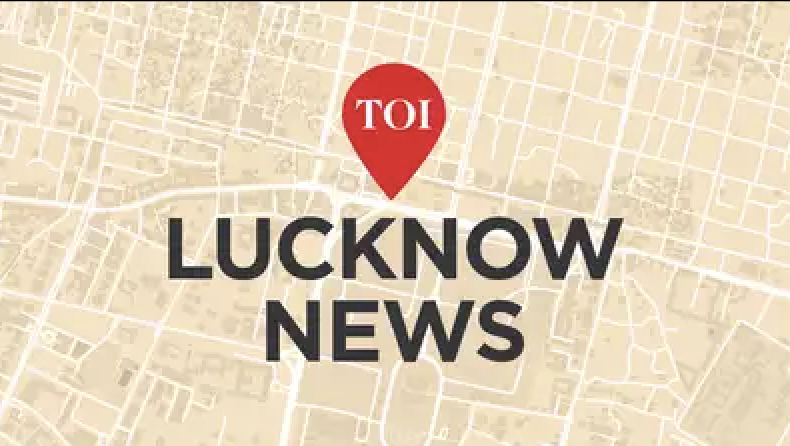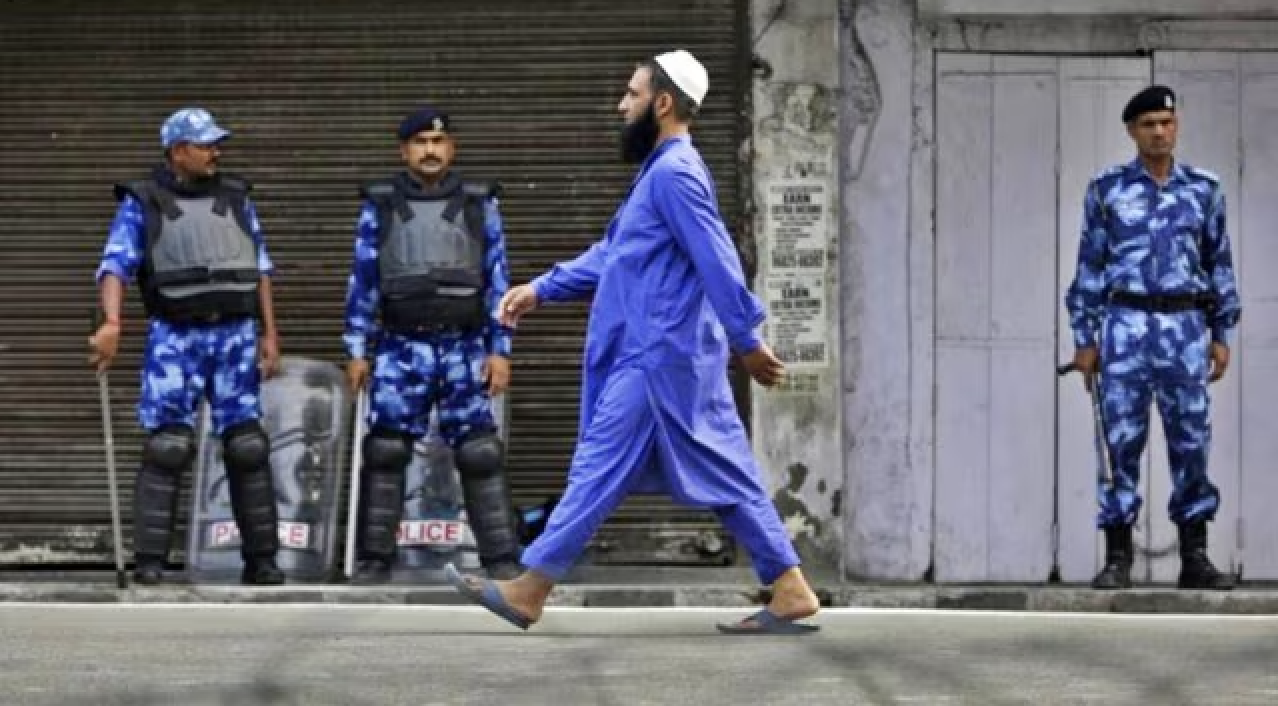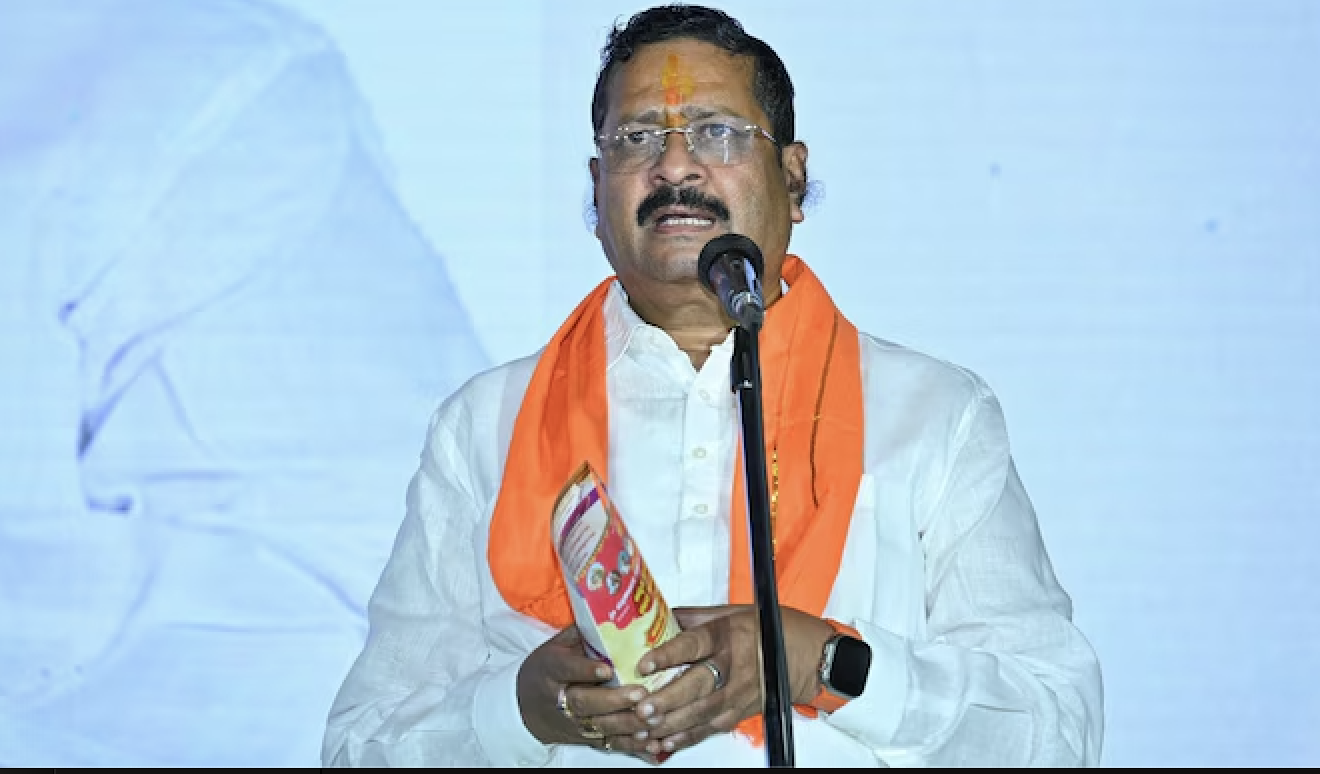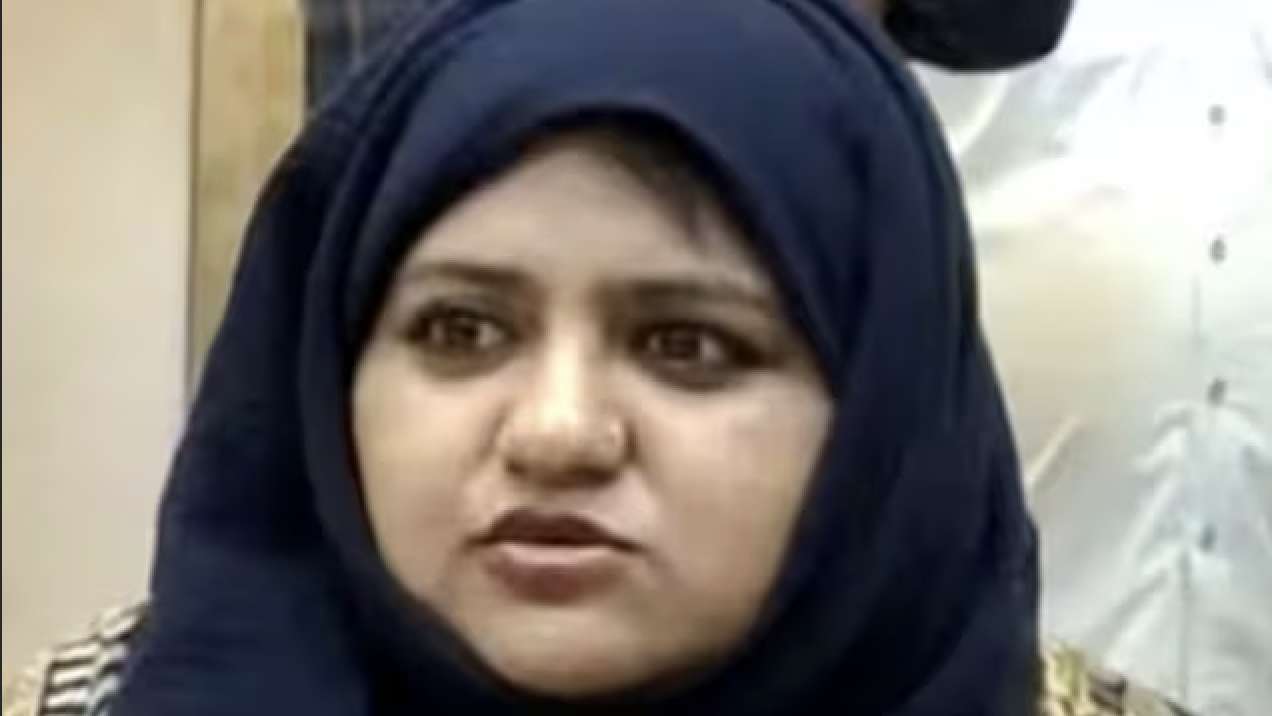
Karnataka has frequently been in the news these days, with controversy after controversy hitting headlines in quick succession — no surprise there, given that the state is stepping into an election year. And, the Kannada new year, Ugadi, which passed by this weekend — amid a campaign against halal meat — also in a way marked the start of the run-up to state polls due in 2023.
Following the visits of Amit Shah and Rahul Gandhi to Bangalore on Friday, the early groundwork for elections is now being set into motion. Both leaders had met partymen there and their message to their respective parties was similar — aim for 150 seats in the coming polls.
While Shah asked BJP leaders to prepare a roadmap for the elections, Gandhi told Congressmen to work unitedly and finalise candidates well in advance.
Barely three months ago, the ruling BJP’s chequered performance in last year’s local body elections and bypolls was seen as a wake-up call. But BJP leaders in the state believe the recent outcome of elections in UP, Uttarakhand, Goa and Manipur has given the party in Karnataka a much-needed leg-up.
So much so that there has even been speculation that the BJP could be eyeing early elections in Karnataka — at a press conference last week, the Congress state president D K Shivakumar even claimed to have information that state elections could be advanced to November. The BJP has dismissed talk of early elections as mere speculation and Chief Minister Basavaraj Bommai last month said that there had been no discussion about it.
But regardless of the speculation over elections, there’s been a ratcheting up of communal issues in Karnataka since December when the government introduced an anti-conversion bill in the legislature — soon after this came the controversy over wearing hijab in classrooms and in quick succession, campaigns by right wing groups to bar Muslim vendors at temple fairs, followed by the demand to boycott halal meat.
By Monday, however, the panel discussion topic on Kannada news channels had shifted from halal to the use of loudspeakers in mosques during the azaan.
“The pattern indicates an attempt at keeping the tempo intact,” reckons Prof Muzaffar Assadi who teaches political science at the University of Mysore.
“There is a sequence beginning with the hijab. If they feel that that issue dies down or no substantial response coming in, then obviously they switch over to the new one, like in case of halal meat,” Assadi said.
The campaign against halal meat — where right-wing groups were promoting meat stalls run by Hindus during the festive Ugadi occasion — appears to have had a mixed response so far, he pointed out.
Assadi’s hypothesis is that since Karnataka has no history of strong divisions among communities, right wing groups need to employ different symbols to expand the Hindutva reach. “People come to know about these issues only through the media,” he said.
Expanding base
Over the nearly three years since the BJP came to power in Karnataka, it has been working on expanding its social base in the state, according to local leaders. For the BJP, that’s a key priority because of the handicap it has long carried — the party has not been able to win an outright majority in a state election so far, despite coming agonisingly close.
But the BJP is also being careful about holding the Lingayats — the party’s largest support group — close, especially after it replaced the community’s tallest leader BS Yediyurappa with Basavaraj Bommai as Chief Minister last year.
“Following the recent five-state election results, the BJP is trying to use Hindutva politics to expand its base in rural areas,” said Congress spokesman Ramesh Babu. “That is why they have encashed the hijab issue and now they have started the halal issue,” he said.
“Instead of development work or other issues, they are opting for communal issues and Hindutva. Naturally, the Congress party has started an agitation on the government’s failures, price rise and the Mekedatu issue,” Babu said.
But political observers point out that opposition parties such as the Congress and Janata Dal (Secular) often don’t have a strident position against the Hindutva campaigns. The Congress, for instance, has been wary in its reaction to the hijab controversy. Last week, in the midst of the boycott of Muslim traders, HD Kumaraswamy of the JD(S) mounted an attack against saffron groups, and said that he was ready for an agitation. But analysts point out that his party has been inconsistent in its opposition against the ruling party in the past.
“The BJP’s aggressive ideological push in Karnataka had been mostly restricted to some pockets all these years. But it is now reaching various other regions of the state. While this approach is fairly new to Karnataka, it also follows the party’s optimism post the UP elections,” said political analyst A Narayana.
“That is not an unfounded optimism. However, the optimism is largely based not so much on the potential of the strategy as much as the lack of a counter narrative to neutralise it from the opposition camp,” Narayana said.
This article first appeared on thefederal.com






